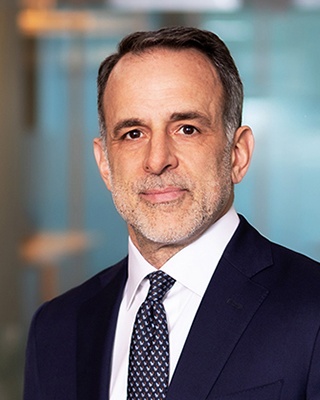Key Takeaways
34% of global respondents are exploring GP-stake divestitures in the next two years.
- The slowdown in exits and fundraisings has led PE firms to explore new liquidity routes, with GP-led secondaries and GP stakes becoming more common.
- Despite a decrease from last year, a significant portion of PE firms, particularly in North America, are planning GP-stake sales to secure liquidity, support strategic investments and manage generational changes.
More than a third of PE firms (34%) now say they are planning a GP-stake sale in the next two years. While that is down on last year’s figure of 59%, it still indicates a substantial proportion of the market is looking to bring outside investors into their management company.
As was the case last year, PE firms in North America are particularly likely to be pursuing this option, with 44% considering a stake sale, while Asia-Pacific firms are much less likely to go down this route; only 15% of firms in the region are looking at doing so. In the EMEA region, the figure is 31%. Data from Preqin suggests that the popularity of GP-stake transactions in EMEA is beginning to catch up to North America.
“We are seeing increasing amounts of capital being raised for dedicated GP-stake strategies, and it is becoming a small but significant asset class,” says Sam Kay, partner, financial services. “This is particularly so in the U.S., where there is greater understanding of the strategic benefits, but there is an expectation that the strategy will translate to other regions.”
Clearly, GP stakes can work well for both sides. They offer investors a means through which they can secure more valuable access to PE managers, sharing in fee earnings, carried interest and capital gains, and potentially taking part in co-investments. As for GPs, selling a stake in the firm provides crucial liquidity – highly valuable in the current market conditions – and creates an opportunity to work more closely with investors that bring their own expertise, experience and networks.
“The increased number of investors in the space has led to better terms for managers,” says Brian Miner, partner, corporate and securities. “The type of manager receiving interest from investors has also stretched down to the middle and lower middle market, as well as to asset classes other than hedge funds and PE funds, such as real estate funds, credit funds and venture capital funds.”
The other point here, says Sabina Comis, global co-manager partner, is that GP-stake divestitures can provide founders with more options.
Respondents cite many of those motivations as drivers for their interest in GP stakes. More than half (53%) say they intend to use the proceeds to secure larger commitments to new funds, while 44% expect a divestiture to support their strategic investment plans.
Footnotes
The preceding article is an excerpt from the 2025 Global Private Equity Outlook report, an annual publication that uses qualitative and quantitative findings to look at current PE industry trends and views on where the market is heading in 2025.






